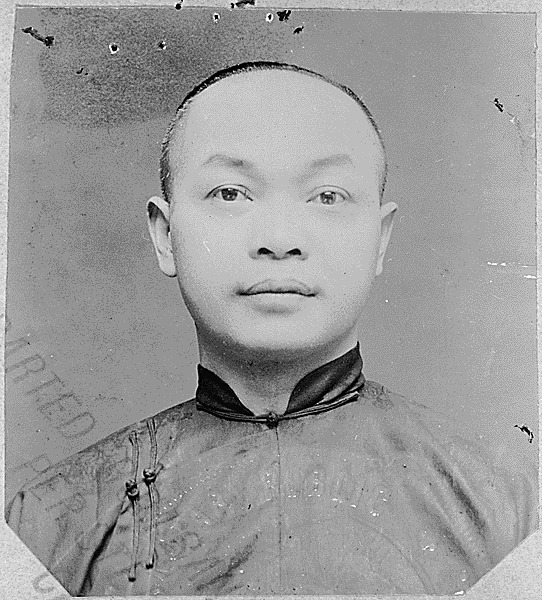Wong Kim Ark: The Man Who Defined The 14th Amendment of U.S. Constitution
Wong Kim Ark, who was born in San Francisco in 1873, had been denied re-entry to the United States after a trip abroad, under a law restricting Chinese immigration and prohibiting immigrants from China from becoming naturalized U.S. citizens. He challenged the government's refusal to recognize his citizenship, and the Supreme Court ruled in his favor, holding that the citizenship language in the Fourteenth Amendment encompassed the circumstances of his birth and could not be limited in its effect by an act of Congress
In United States v. Wong Kim Ark, 169 U.S. 649 (1898), the U.S. Court ruled that "a child born in the United States, of parents of Chinese descent, who, at the time of his birth, are subjects of the Emperor of China, but have a permanent domicil and residence in the United States, and are there carrying on business, and are not employed in any diplomatic or official capacity under the Emperor of China", automatically became a U.S. citizen at birth. This decision established an important precedent in its interpretation of the Citizenship Clause of the Fourteenth Amendment to the Constitution.
